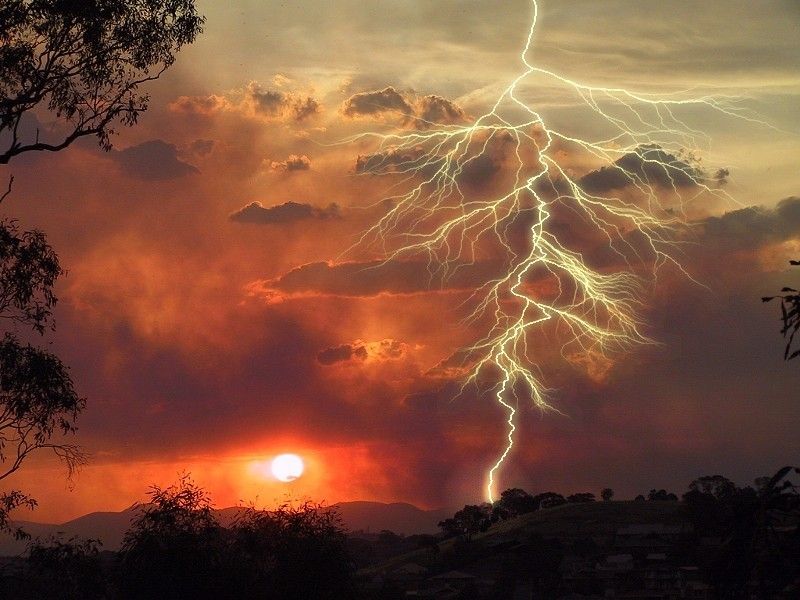FWP:
SETS
CANDLE: {39,1}
GRANDIOSITY: {5,3}
LIGHTNING: {10,6}
As Faruqi observes, this verse is truly nonpareil. His commentary shows what can be done simply (?) through close reading and careful attention. If you are fluent in Urdu, his whole commentary, Tafhim-e Ghalib, is the gold standard, and you'd be foolish not to make use of it.
All the other commentators that I've read follow the simple, short, one-dimensional track of Nazm, Hasrat, and the two Bekhuds: we free ones have a (non-specific) grief; we grieve for a moment; the lightning-candle measures, or signifies, the length of our time of grief. And that's the end of the matter, as far as they're concerned. For all five of these commentators, I've translated every word they wrote about this verse.
Unlike the other commentators, Faruqi opens up, and then explores, rich and multivalent possibilities. To consider merely the largest and most obvious question, what exactly is the role of lightning in the mourning-chamber? He suggests various possibilities, which are often not mutually exclusive:
=Lightning is the cause of our grief in the first place. This idea is not at all far-fetched; see for example {10,6} or {12,1}, in which lightning sets fire to the (literal and metaphorical) 'harvest'. If lightning sets fire to our house, the house itself will become a 'mourning-chamber' for us as we grieve over its destruction.
=Lightning is used to light the candle that illuminates the mourning-chamber. We free ones have such power that we can seize and use the lightning itself to light our candle. A great, dangerous natural power is dominated and controlled by our will. (This interpretation takes the second line of the verse literally.)
=Lightning itself takes the place of a candle, illumining the mourning-chamber. This interpretation takes the second line of the verse more metaphorically. We use the lightning itself as our candle, because we only need the light for a moment anyway-- either for experiencing our grief (as the other commentators would have it), or for symbolically demonstrating the end of our grief (as Faruqi would suggest).
=The fire that lightning starts in our house we treat as a 'candle' since it removes the darkness of our mourning. A burning house, after all, is a convenient source of light, and the fire will serve as well as any other light to demonstrate that the time of our mourning is over.
Faruqi's greatest contribution is his suggestion that lightning itself should be taken as the source of the 'grief' in the first place. That possibility complicates (and enriches) our understanding of the verse remarkably. Moreover, while the other commentators assume that the lighting of a candle in the mourning-chamber is a sign that mourning is taking place, Faruqi assumes that it's a sign that mourning is over. (Since mourning goes on for only a moment anyway, these two cases can in fact hardly be distinguished.) Whichever assumption we adopt, Faruqi pushes the verse into new subtleties in ways that Ghalib would surely have approved.
For another 'candle of the mourning-chamber', see {258x,4}.

Nazm:
That is, if there is a candle in our mourning-chamber, then it is the lightning. When we don't grieve for more than a moment/breath [dam], then there's no need for light at all beyond a moment/breath. (82)
== Nazm page 82